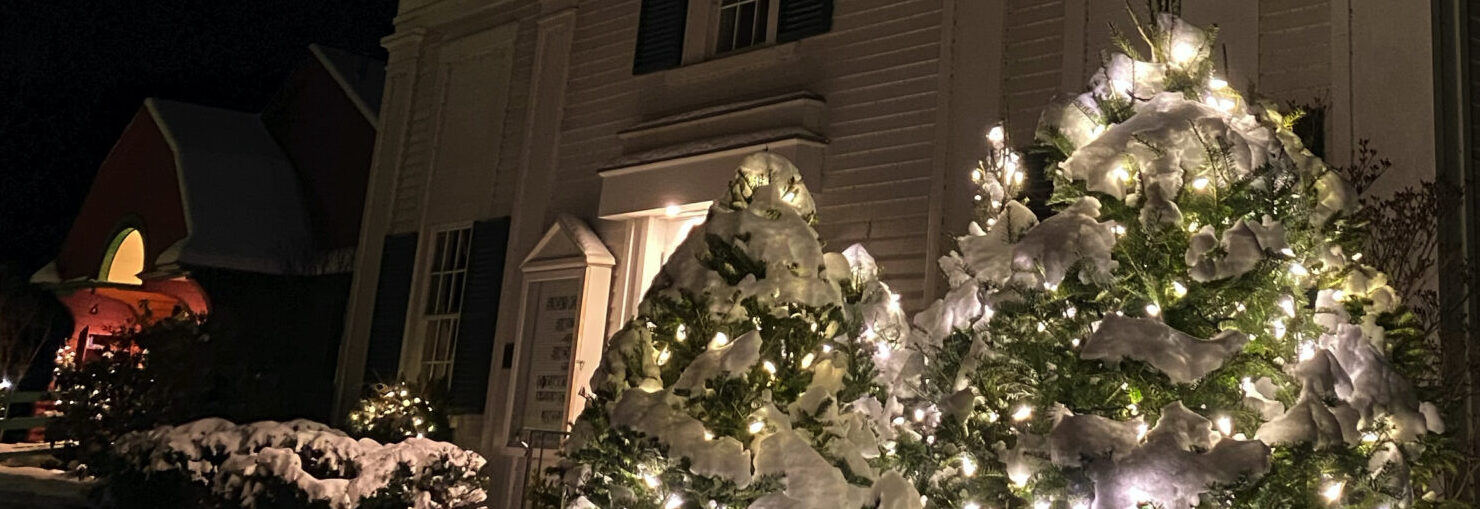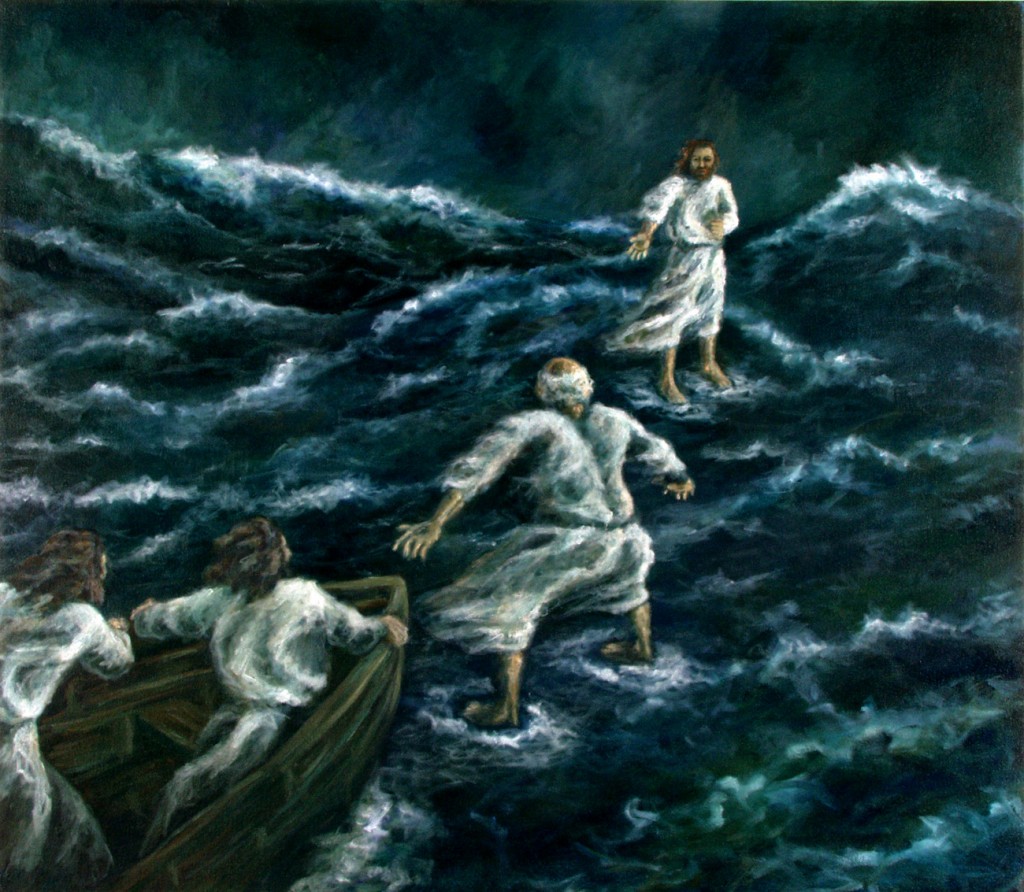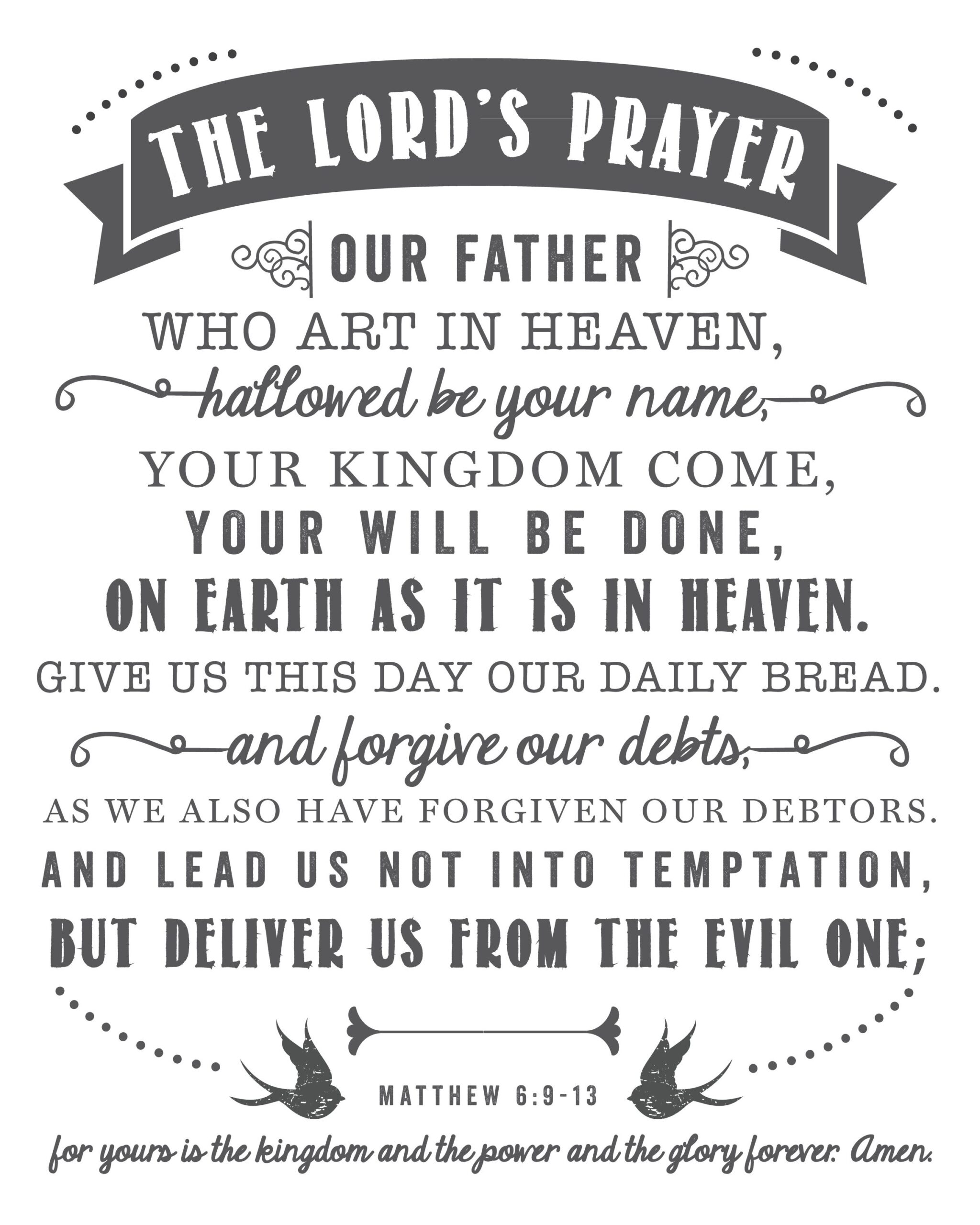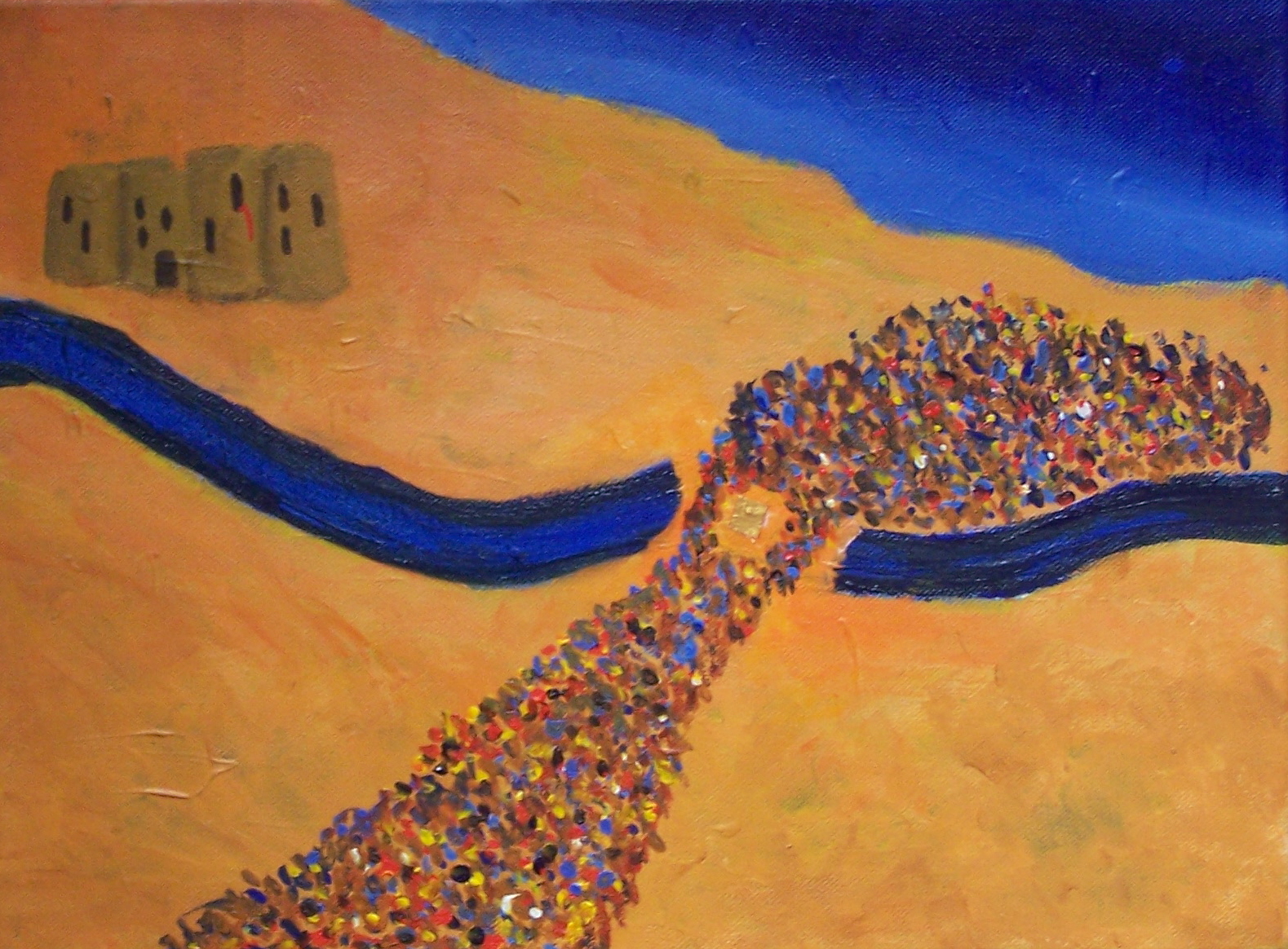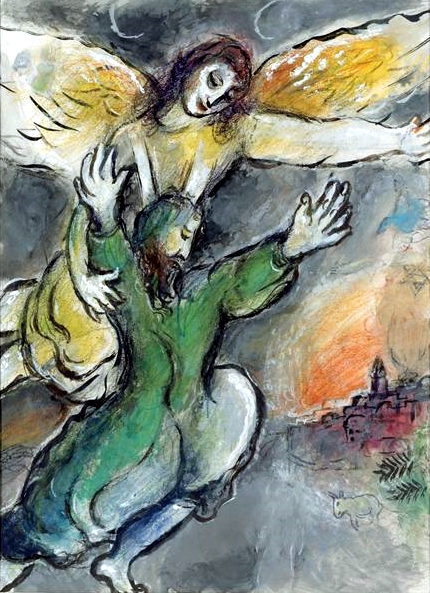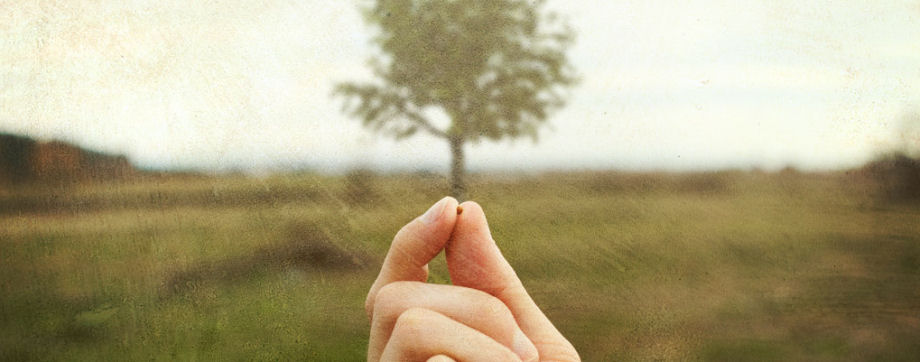Reflections on faith & fear: walking on water in Gospels of Matthew and Mark
There comes a point where we need to stop just pulling people out of the river. We need to go upstream and find out why they’re falling in. ― Desmond Tutu SONGS about FEAR & COURAGE: Fear Is a Liar by Zach Williams (Christian): https://youtu.be/1srs1YoTVzs?si=RYhTcba4zdSguAj3 The Breakup Song by Franccesca Battistelli (pop): https://youtu.be/H0wpP5o7xpI?si=EhnM4_2P9ho9sB0h Scared to […]
